Search Results
Showing results 1 to 20 of 60
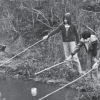
Attract a Fish
Source Institutions
This outdoor activity/field trip requires a place where minnows swim, such as a local pond or brook.
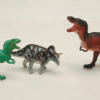
Join the Dinosaur Age
Source Institutions
In this activity, learners rotate through several learning and play stations to explore dinosaurs and paleontologists.
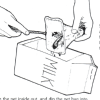
Water Holes to Mini-Ponds
Source Institutions
Dig a hole, line it, fill it with fresh water, and you have a water hole: a good place to study colonization.
Mercury in the Environment
Source Institutions
In this environmental science lesson, learners will examine the dangers of mercury and how humans contribute to growing mercury emissions on Earth.
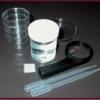
Planaria Regeneration
Source Institutions
In this experiment with planaria (a type of flatworm), learners will investigate the capability of different body sections to regenerate.
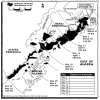
Fragile Waters
Source Institutions
In this activity (on pages 18-29) learners explore the impact of the March 24, 1989 oil spill in Alaska caused by the Exxon Valdez tanker.
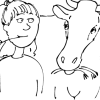
Rumination
Source Institutions
In this activity (on pages 24-34), learners explore the four-part stomach of cows (and other grazing animals called ruminants), and compare it to the human one-part stomach and its digestive process.
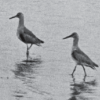
Flocking for Food
Source Institutions
In this outdoor beach activity, learners use a variety of "beaks" (such as trowels, spoons or sticks) to hunt for organisms that shore birds might eat.
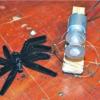
Creepy Crawlers
Source Institutions
Trick your family and friends with this creepy crawler that moves up and down. In this activity, learners construct a circuit and motor device that will move a homemade spider in a spooky way.
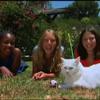
Pet Handedness
Source Institutions
This activity (on page 2 of the PDF under SciGirls Activity: Pet Handedness) is a full inquiry investigation into whether pets show a preference for the left or right paw, or “handedness” like people.
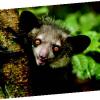
Aye-Aye
Source Institutions
This is an activity about the adaptations that allow the Aye-aye to survive in its habitat. Learners will explore how the Aye-aye collects food and how this is influenced by their specialized finger.
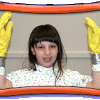
Rubber Blubber Gloves
Source Institutions
In this experiment, learners work in pairs to create two gloves -- one that contains a layer of shortening (blubber) inside, and one that doesn't.
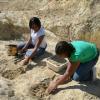
Shoebox Dinosaur Dig Site
Source Institutions
In this activity, (on page 6 of the PDF under SciGirls Activity: Dinosaurs) learners participate in a hands-on fossil excavation.
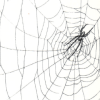
Web It!
Source Institutions
In this outdoor activity, learners investigate spider webs and feeding behavior, particularly how spiders trap food in their sticky silk webs while not getting stuck themselves.
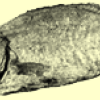
Make a "Mummy"
Source Institutions
The Ancient Egyptians used a naturally-occurring salt from the banks of the Nile River, called natron, to mummify their dead.
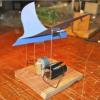
Motor Bird
Source Institutions
In this activity, learners build a bird that flies in place with help from a motor, wire, and some straws.
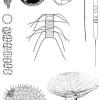
The Great Plankton Race
Source Institutions
In this activity, learners are challenged to design a planktonic organism that will neither float like a cork nor sink like a stone.
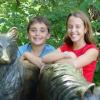
Animal Scent
Source Institutions
This activity (on page 3 of the PDF under GPS: Animal Scent Activity) is a full inquiry investigation into animal behavior.
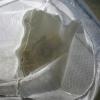
Collect Invertebrates to Determine Water Quality
Source Institutions
This activity (located on page 3 of the PDF under GPS: Alligator Habitat Activity) is a full inquiry investigation into organisms and the health of their ecosystems.
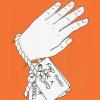
Gaming in the Outdoors
Source Institutions
In this set of outdoor games, learners increase their awareness of the outdoor environment by going on a scavenger hunt and an out-of-place hunt.
